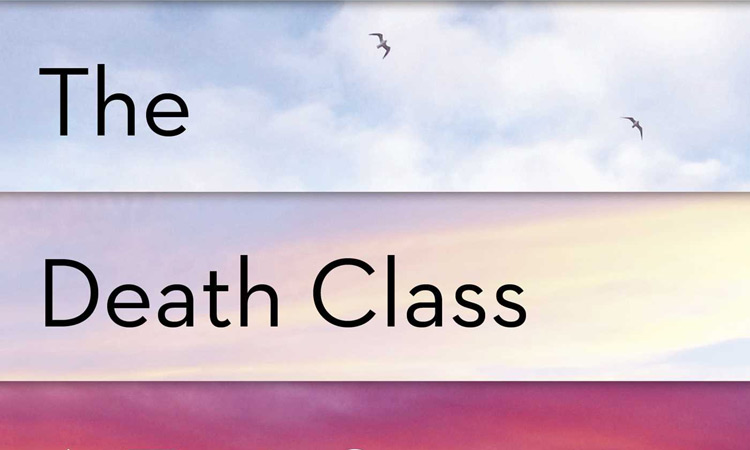 When I first heard about a Kean University course on death with a three-year waiting list, I was curious to learn more. After all, death is a topic that isn’t often discussed or understood in today’s culture. Yet students crowd into Norma Bowe’s Death in Perspective class year after year, but the class is not so much about stages of dying and death, but about how to live in the moment and make the most of what poet Mary Oliver famously called our “one wild and precious life.”
When I first heard about a Kean University course on death with a three-year waiting list, I was curious to learn more. After all, death is a topic that isn’t often discussed or understood in today’s culture. Yet students crowd into Norma Bowe’s Death in Perspective class year after year, but the class is not so much about stages of dying and death, but about how to live in the moment and make the most of what poet Mary Oliver famously called our “one wild and precious life.”
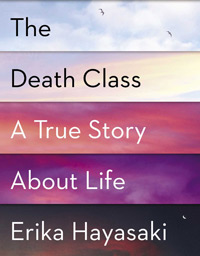 Which I agree with wholeheartedly. Journalist Erika Hayasaki also apparently thought so. She shadowed Bowe, a registered nurse, for more than four years and wrote The Death Class: A True Story About Life. This is a terrific read with deep lessons on what death can teach us about life. Hayasaki writes about Bowe’s profound impact on her students, steering several from their tormented families and neighborhoods, rescuing a young woman from her suicidal mother, helping a young man manage his schizophrenic brother and inspiring another to leave gang life behind–with lessons on what does it mean to be human, how to forgive others, and how to forgive yourself.
Which I agree with wholeheartedly. Journalist Erika Hayasaki also apparently thought so. She shadowed Bowe, a registered nurse, for more than four years and wrote The Death Class: A True Story About Life. This is a terrific read with deep lessons on what death can teach us about life. Hayasaki writes about Bowe’s profound impact on her students, steering several from their tormented families and neighborhoods, rescuing a young woman from her suicidal mother, helping a young man manage his schizophrenic brother and inspiring another to leave gang life behind–with lessons on what does it mean to be human, how to forgive others, and how to forgive yourself.
Death is a part of life, so why is it a topic most people avoid? Most of us have dealt with a loss in one form or another so why not bring it more into the open so we can understand the emotions it brings and how best we can seek the support we need.
Why study death?
Bowe asked students why they took the class and discovered that many were dealing with issues of death or tragedy in their own lives. Some lost friends, some had been homeless, some had mental illness or suicides in their families. There was, it seemed, no shortage of tough-luck stories.
Fearlessness of death
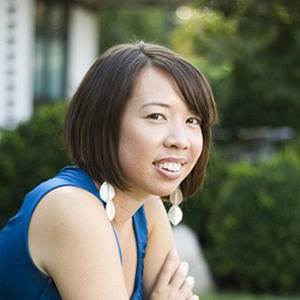
Bowe, herself, came from a tough-luck background. Hayasaki writes of Bowe, “Her own father had not wanted her in the first place, she believed, and her mother had tried to hide her, perhaps even get rid of her, and then left her to be raised by her grandmother. She was just an unwanted kid; loved by her grandmother…But unwanted all the same.”
Perhaps because of her own hardship growing up, Bowe developed a special kinship with her students. Hayasaki writes, “When it came to death, Norma Bowe had the fearlessness of a swift-water rescue team; when everyone else wanted to get away from the force of the current, she went charging straight into it instead. Not many threats in this world seemed to rattle her: not guns, murderers, or the criminally insane, and certainly not death…There was an air of invincibility surrounding her, a feeling so magnetic that long after class had been dismissed students found themselves wanting to hang out with Dr. Bowe, which was what they called her, despite her insistence that they call her Norma. They lingered in her office for hours, even when she wasn’t there.”
Life and death: bound with birth
Bowe shuttled her “students on field trips to prisons, funeral homes, hospice care centers, mental hospitals, and morgues” to learn the secrets of death. She told them about the physical stages of the body during a natural death from when the blood supply shifts to when “euphoria sets in” with chemicals such as serotonin, dopamine, and norepinephrine peaking when one dies.
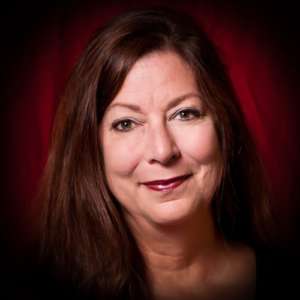
Bowe also explained to her students that “life and death are inextricably bound with birth. Drawing a circle with eight points, she introduced her favorite psychological theorist by writing his name at the top: Erik Erikson. She had stumbled across his work when she was a college student. ‘He thought we grow, develop, and change throughout our entire life span,’ she told her students. ‘We never stay the same. Each experience molds us and changes us.’”
Erikson’s developmental theory holds that the human life cycle, from birth to death, is divided into eight stages. “Crisis encompasses each of Erikson’s eight stages, and the evolution of a personality depends on how a human endures, flourishes, founders, or remains stagnant through each, Norma told her students. In each stage, an individual either gains a virtuous personality trait that will help him or her confront the subsequent crises throughout life, or they miss out on gaining that virtue, which makes it that much more difficult to cope with life’s challenges as the next stages approach.”
Life’s lessons and ‘Be the Change’
Write about the time you walked through fire–your life’s hardest moment–and how you came out of that experience alive. Who was there for you? How did you get through it? How did it change you?
Bowe asked her students to examine their life, which also helped them appreciate it, along with the power that comes with transformation, and giving back.
Each semester, she took students on a visit to a hospice center, which sparked the desire to give back. The students, noting how dreary the place was, banded together in community service to brighten it up
Be the change you want to see in the world, Gandhi said. “In late 2008, the death class students who had made over the hospice facilities decided to launch a community service group, with Norma as its innovator and adviser. They would call it “Be the Change.”
Hayasaki writes, “Through this unorthodox class on death, Bowe helps kids who are barely hanging on to understand not only the value of their own lives, but also the secret of fulfillment: to throw yourself into helping others.”
The heart of life
While the topic of death used to be off-limits in academia, Hayasaki notes today that “thousands of such classes can be found across disciplines from psychology to philosophy to medical science to sociology.” Death, it seems, has much to teach about life. At the end of every semester, Bowe handed out a poem “On Death” by Khalil Gibran, which partially reads: Then Almitra spoke, saying,“We would ask now of Death.” And he said: You would know the secret of death. But how shall you find it unless you seek it in the heart of life?

Rose Caiola
Inspired. Rewired.
Click here to get inspired by Rose’s easy steps to positively change your mind

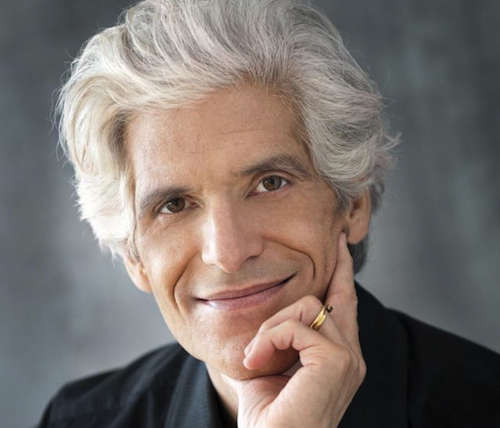
1 Comment
Sandra Wallis
It’s great to see that you write about topics that most people are afraid to write about. Very interesting! Thank you Rose